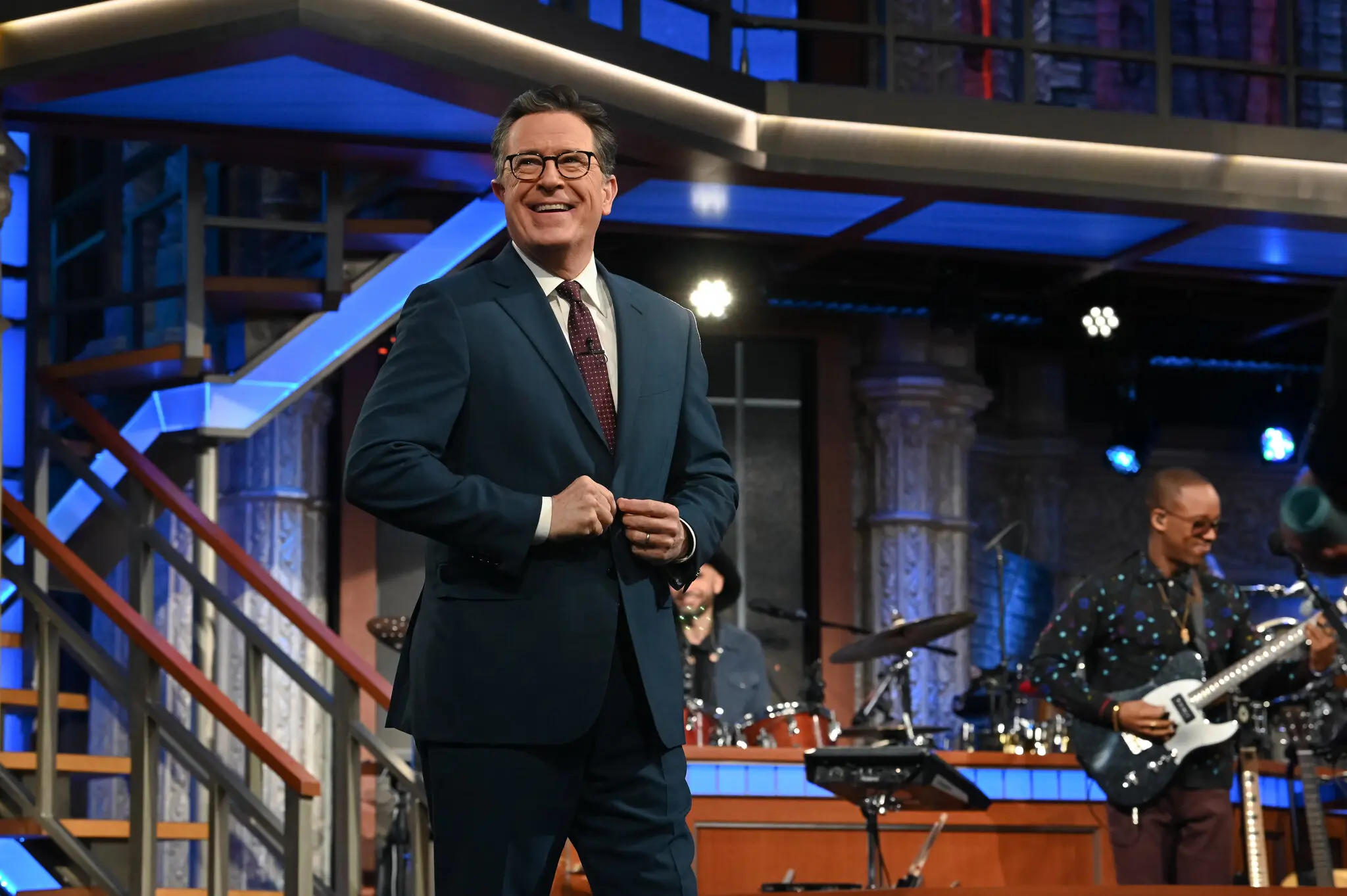In a decision that shocked the entertainment industry and comedy world, CBS said on Thursday that it was canceling the most-watched show in late night, “The Late Show With Stephen Colbert,” and ending a franchise that has existed for more than three decades.
Mr. Colbert’s run — and “The Late Show” itself — will end in May after his contract expires.
CBS executives said in a statement that the cancellation was “purely a financial decision against a challenging backdrop in late night.”
“It is not related in any way to the show’s performance, content or other matters happening at Paramount,” said the executives, who included George Cheeks, the president of CBS and a co-chief executive of Paramount, CBS’s parent. “Our admiration, affection and respect for the talents of Stephen Colbert and his incredible team made this agonizing decision even more difficult.”
Paramount is in the midst of closing a multibillion-dollar merger with the movie studio Skydance, a deal that requires approval from the Trump administration. Paramount recently agreed to pay President Trump $16 million to settle a lawsuit over an interview on “60 Minutes,” a move Mr. Colbert criticized on his show as “a big fat bribe.” The merger still requires the approval of the Federal Communications Commission.
Mr. Colbert said during the taping of “The Late Show” on Thursday that he was informed of the decision on Wednesday night. When his studio audience unleashed a chorus of boos upon hearing the news, Mr. Colbert said, “Yeah, I share your feelings.”
He then praised the network, saying CBS executives “have been great partners.”
“I’m so grateful to the Tiffany Network for giving me this chair and this beautiful theater to call home,” said Mr. Colbert, who tapes the show at the historic Ed Sullivan Theater on Broadway.
The show’s abrupt cancellation is the latest in a series of profound changes to the world of late-night television. The genre has been struggling as the majority of the country migrates in droves to streaming entertainment and away from traditional broadcast and cable television. Last month, streaming overtook broadcast and cable as the leading distribution method for video entertainment for the first time.
The number of late-night shows has dwindled in recent years. So much so that earlier in the week the Emmys awarded only three nominations for best talk show because of a lack of submissions. Six years ago, the category had double the number of nominees.
The genre has also experienced a sharp decline in advertising revenue in recent years. In 2018, network late-night shows took in $439 million in ad revenue, according to Guideline, an advertising data firm. By last year, that figure had dropped to $220 million, a 50 percent drop in just seven years.
The cancellation of “The Late Show” raised immediate questions, though, about whether it was tied to the government’s review of Paramount’s merger with Skydance or the recent settlement with Mr. Trump. Mr. Colbert, who has hosted show for a decade, has been a passionate critic of Mr. Trump.
Senator Adam B. Schiff, Democrat of California, who was a guest on Mr. Colbert’s show on Thursday, said on social media after the show’s taping: “If Paramount and CBS ended ‘The Late Show’ for political reasons, the public deserves to know.”



